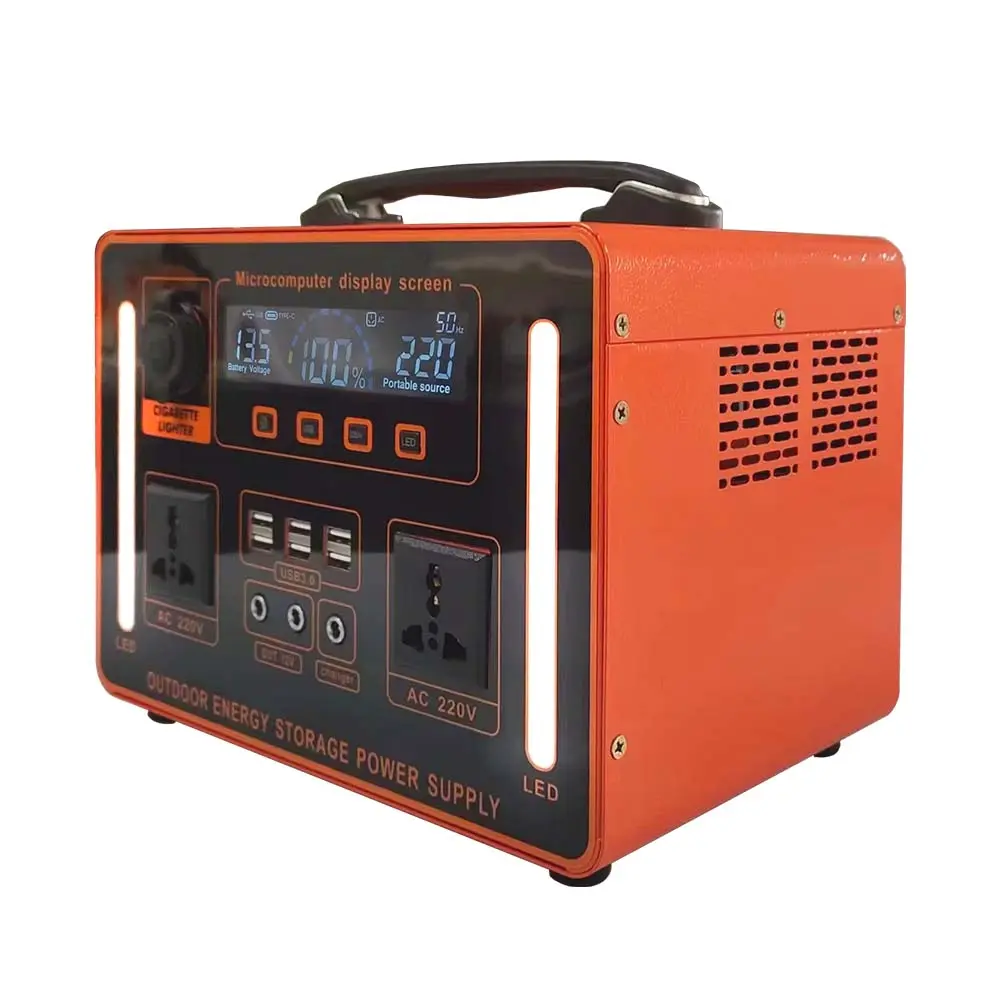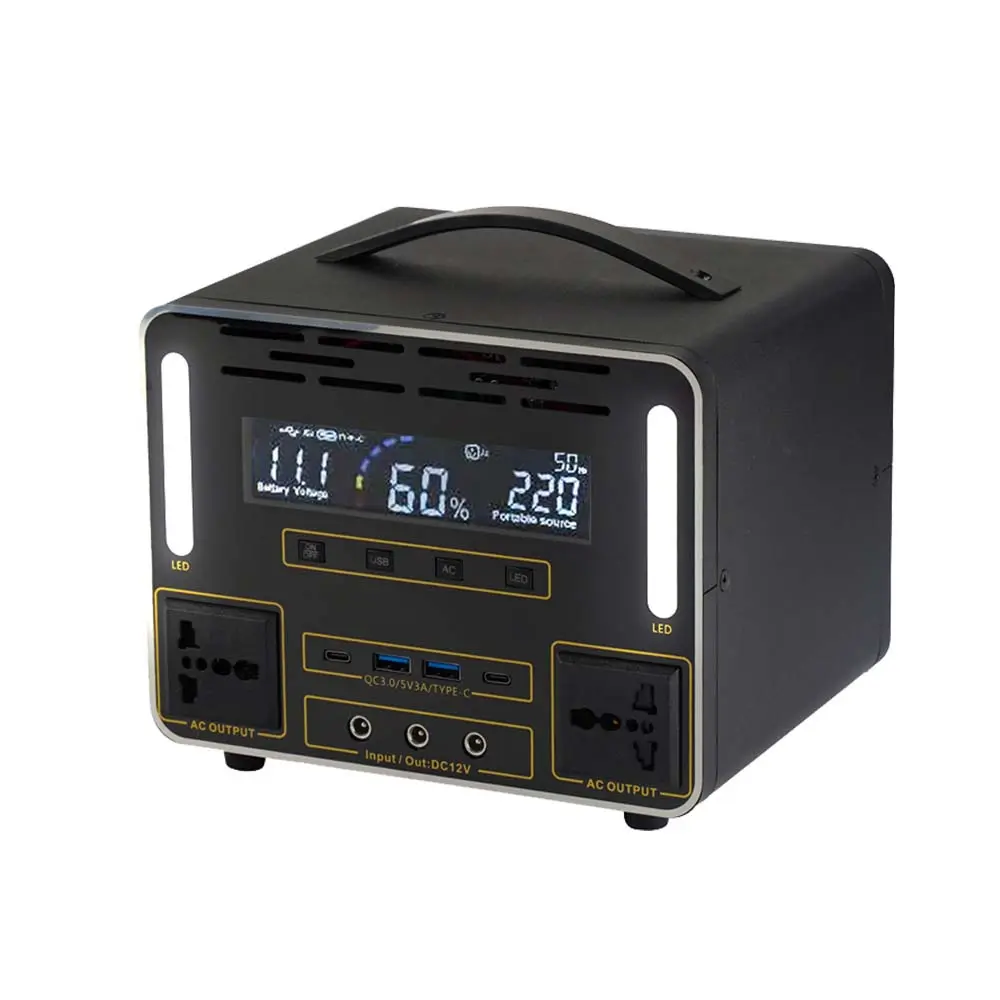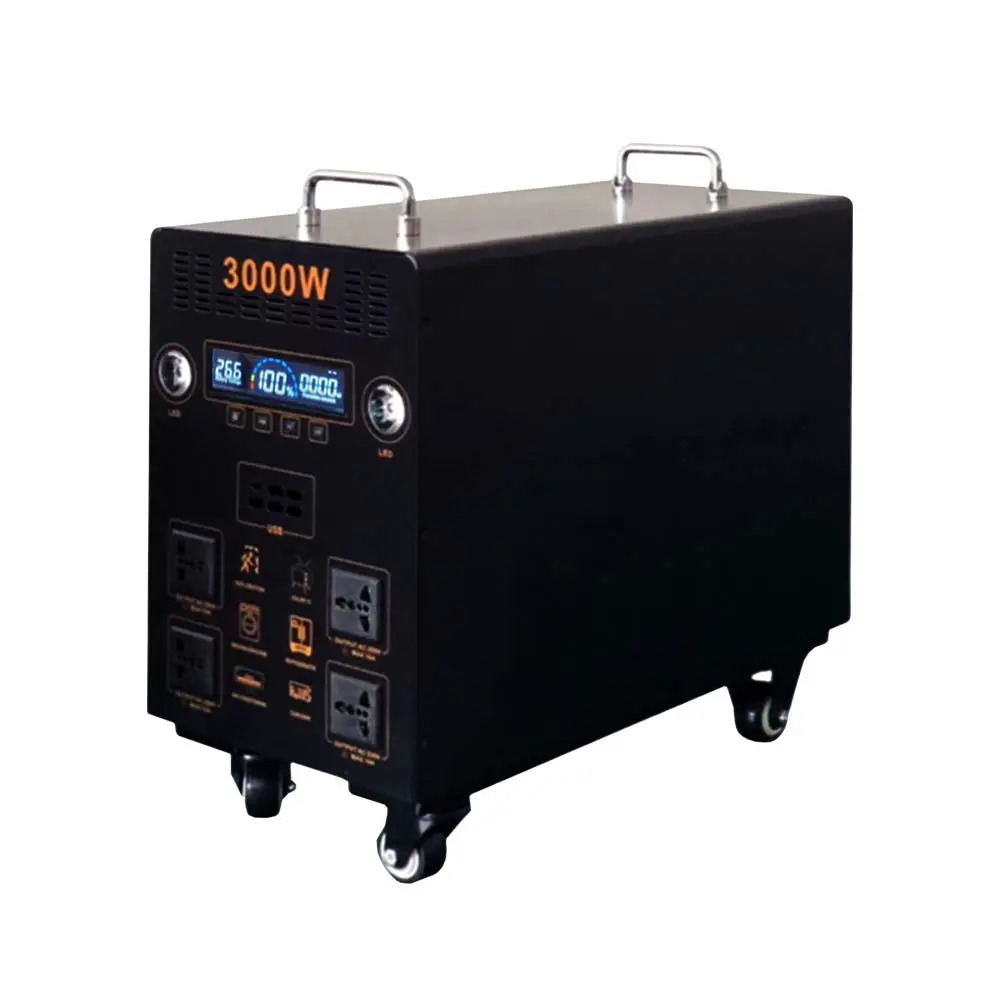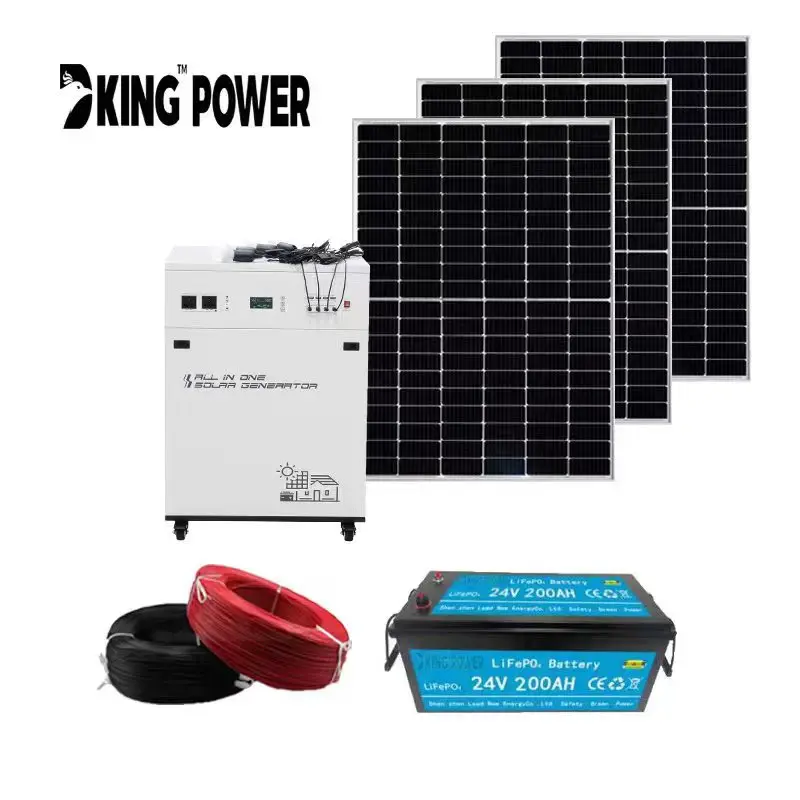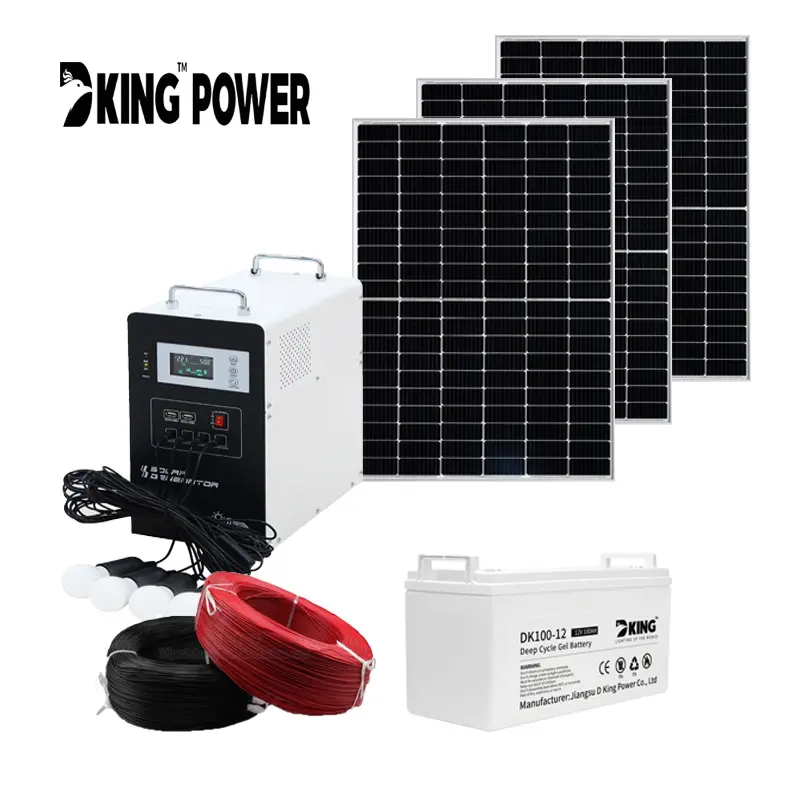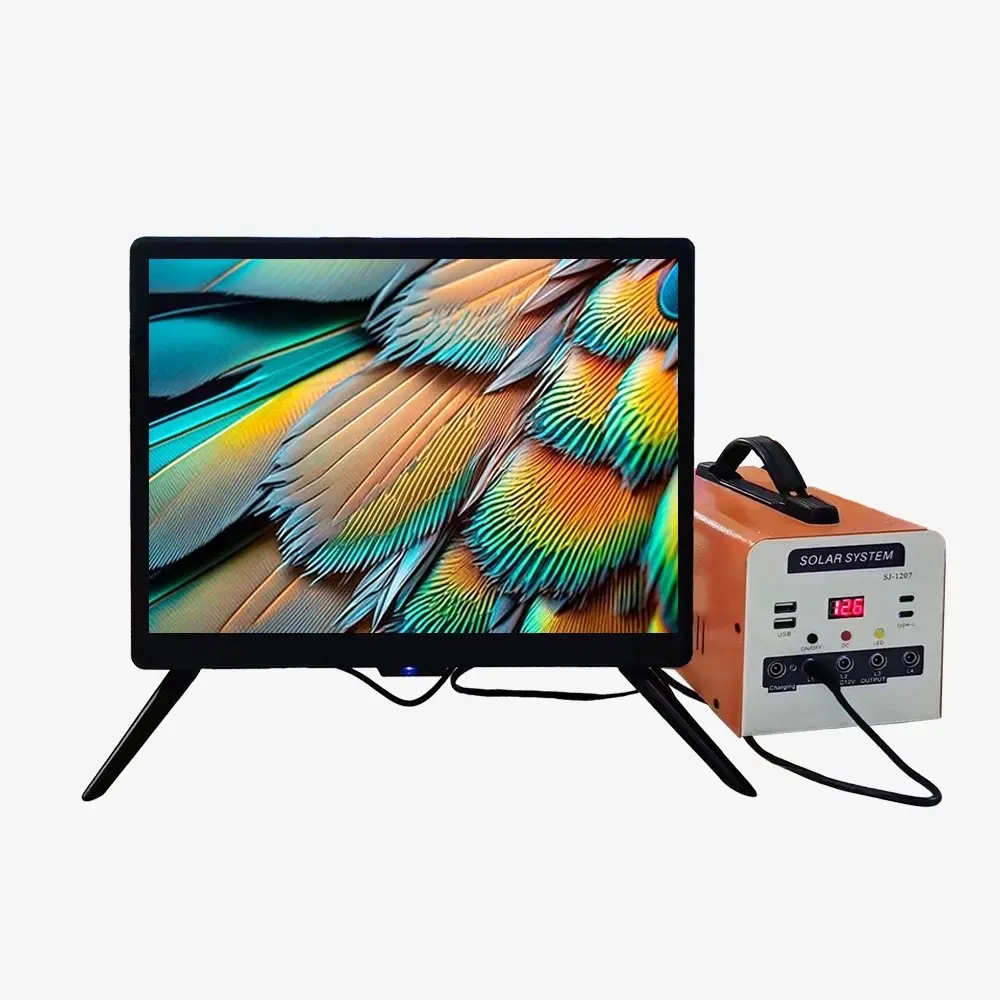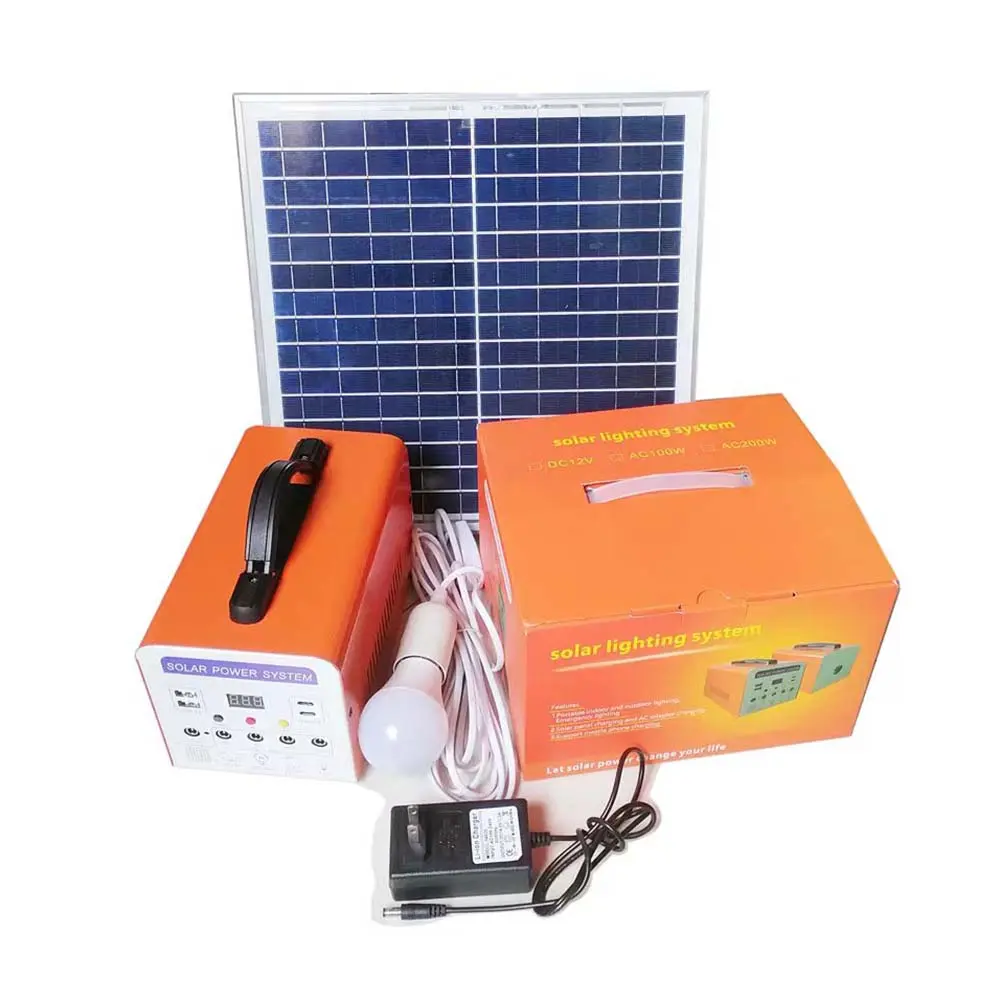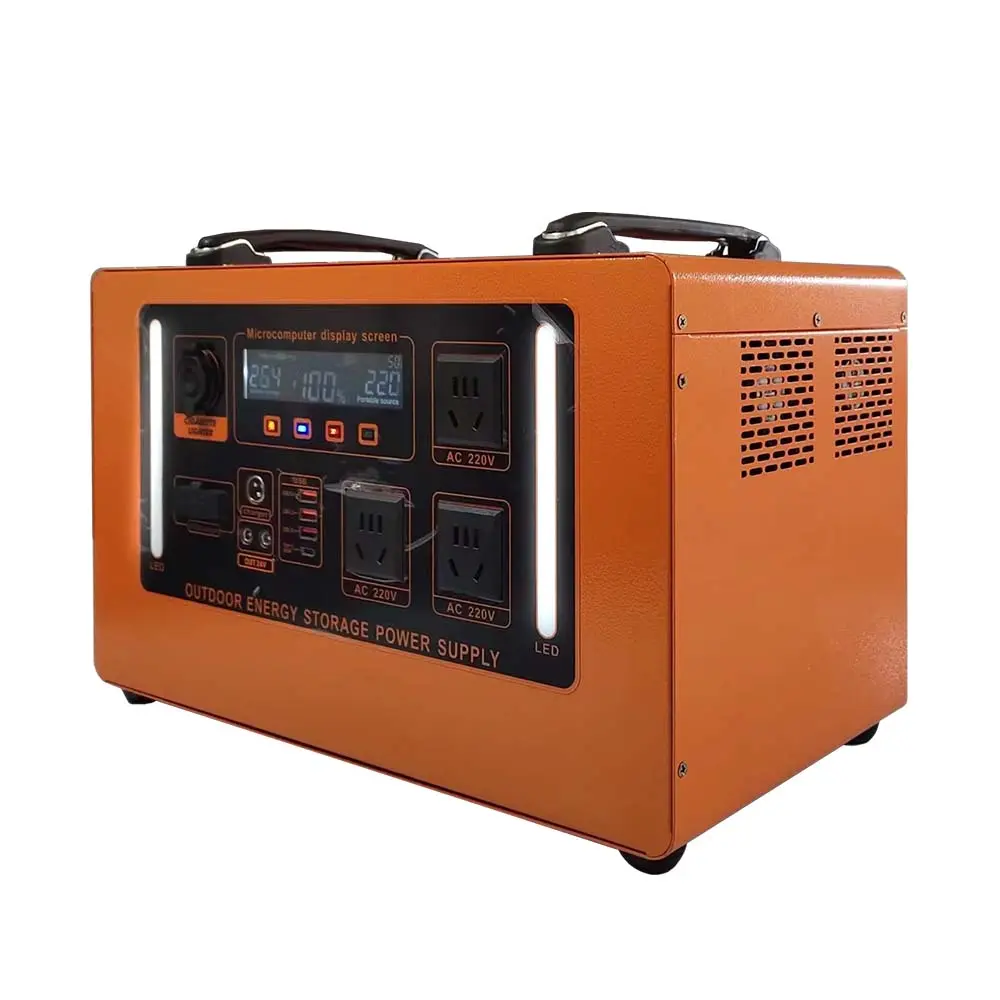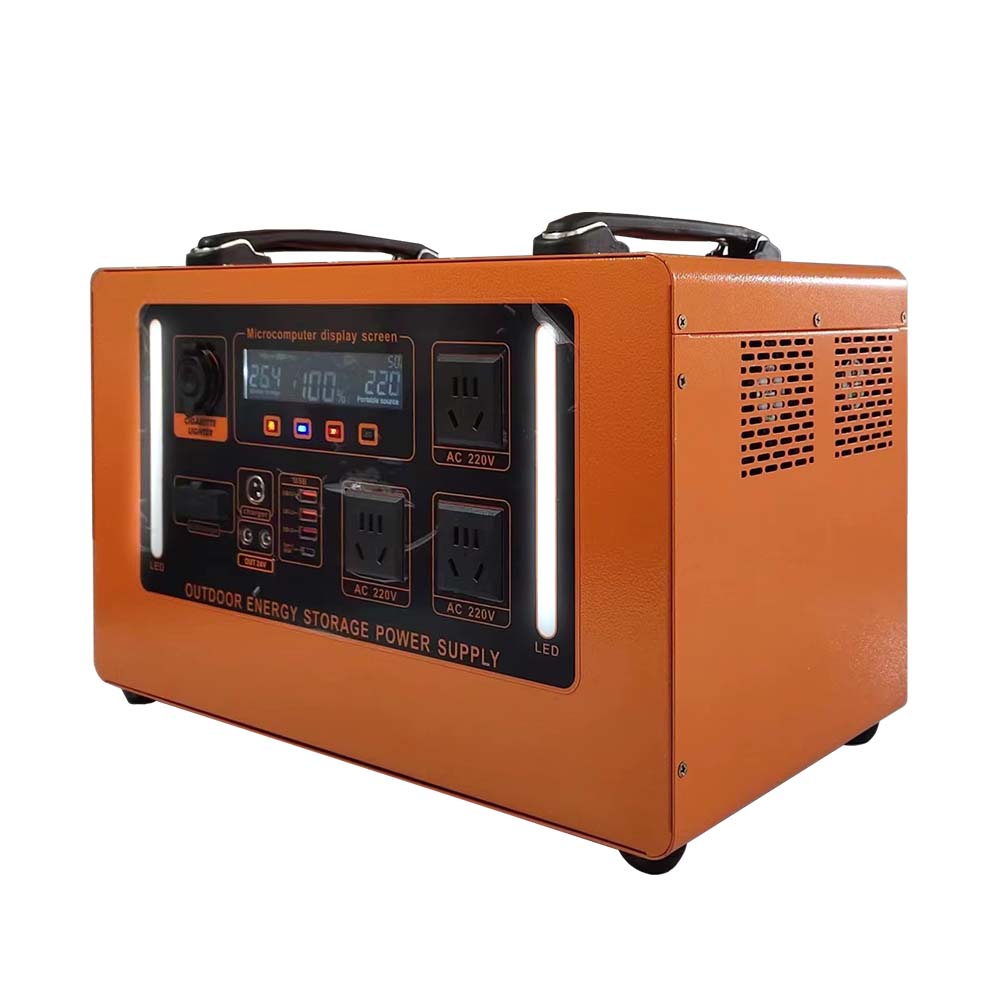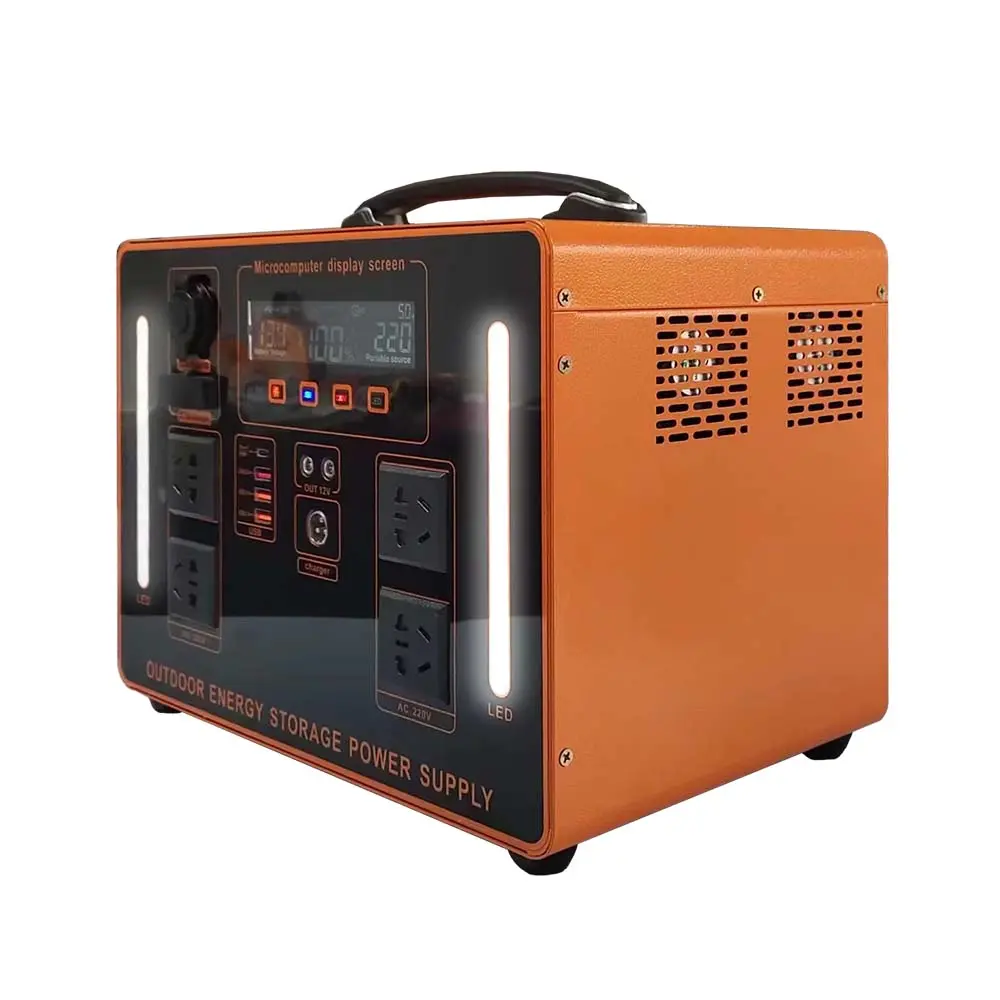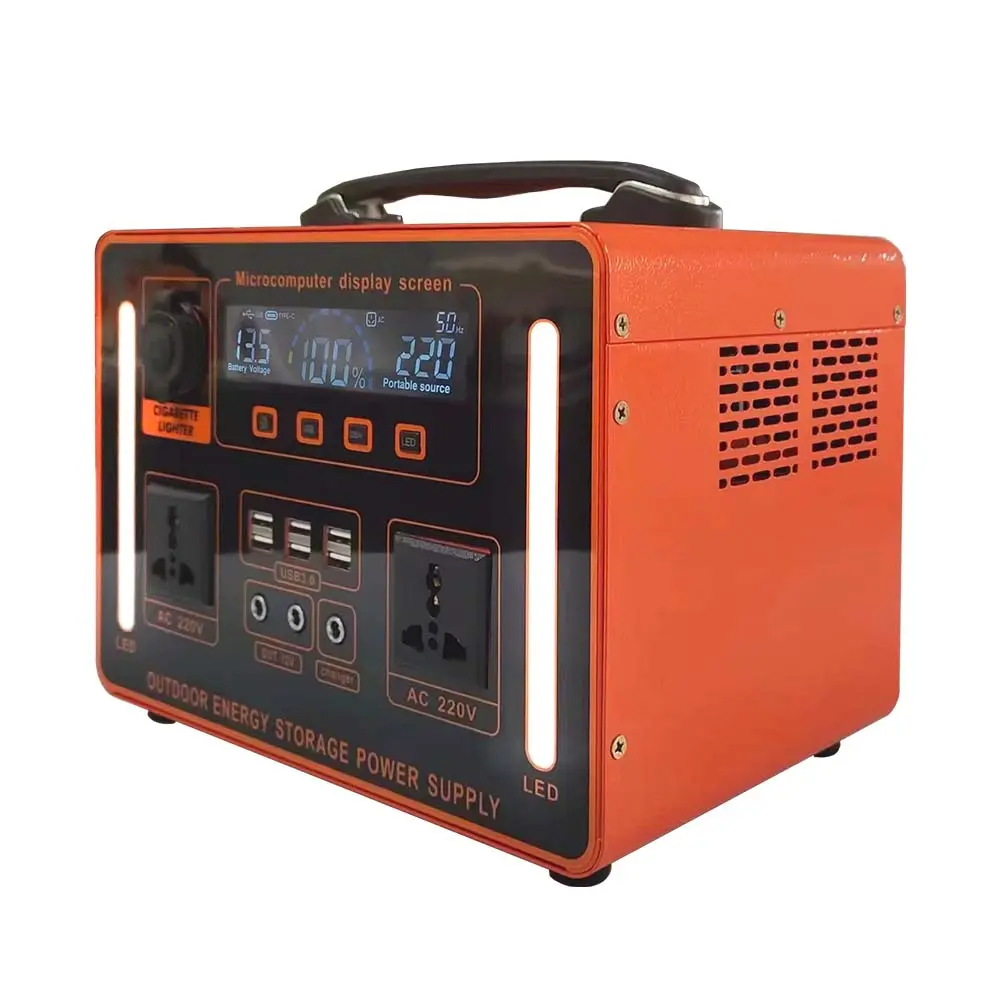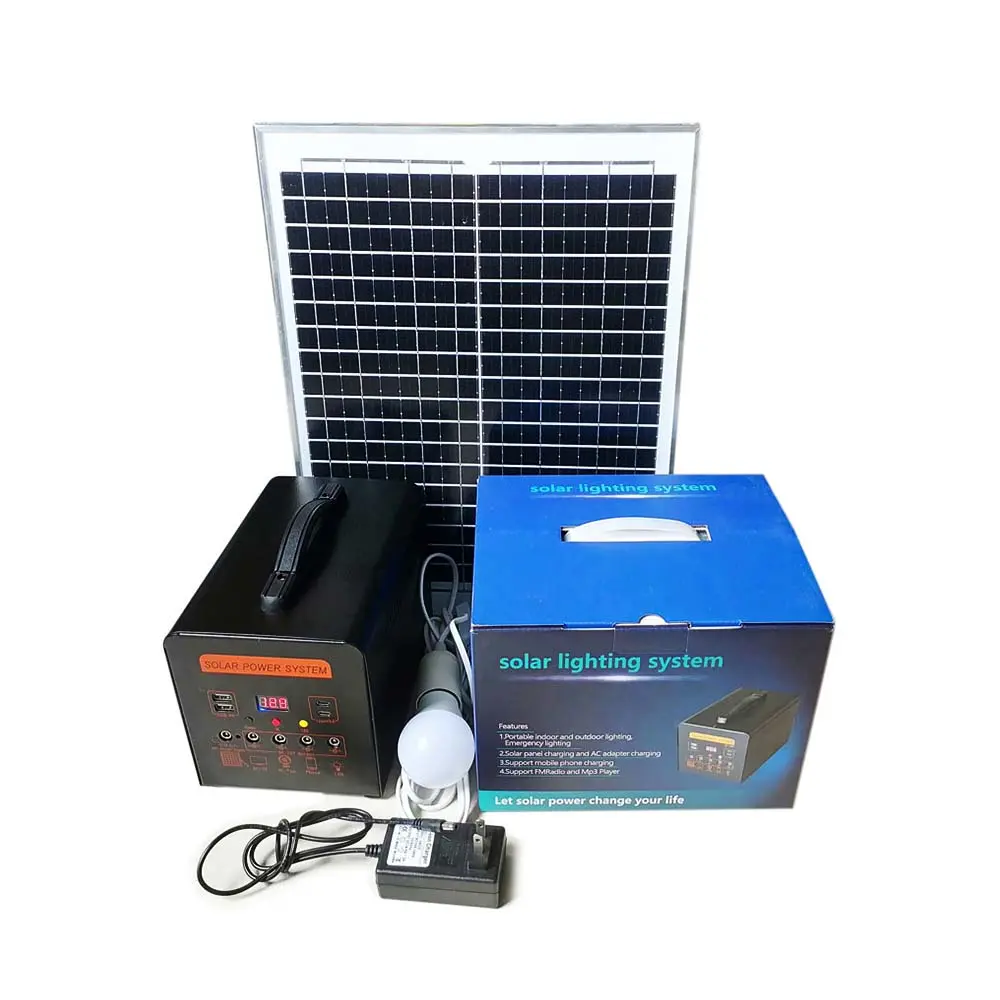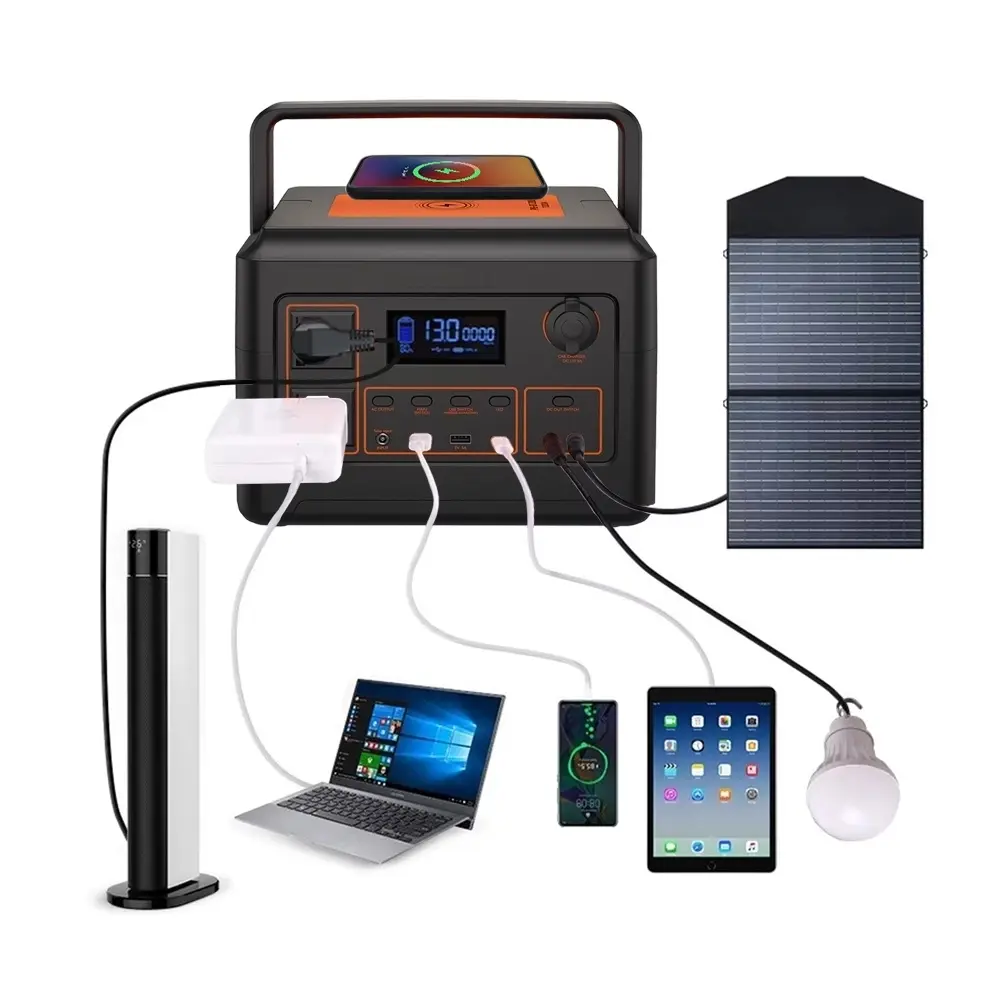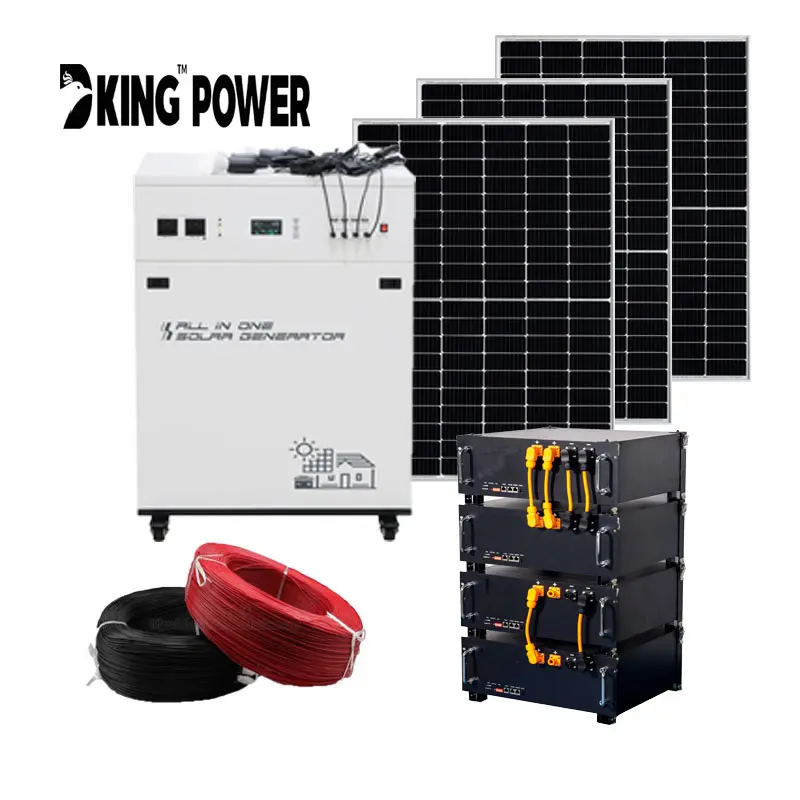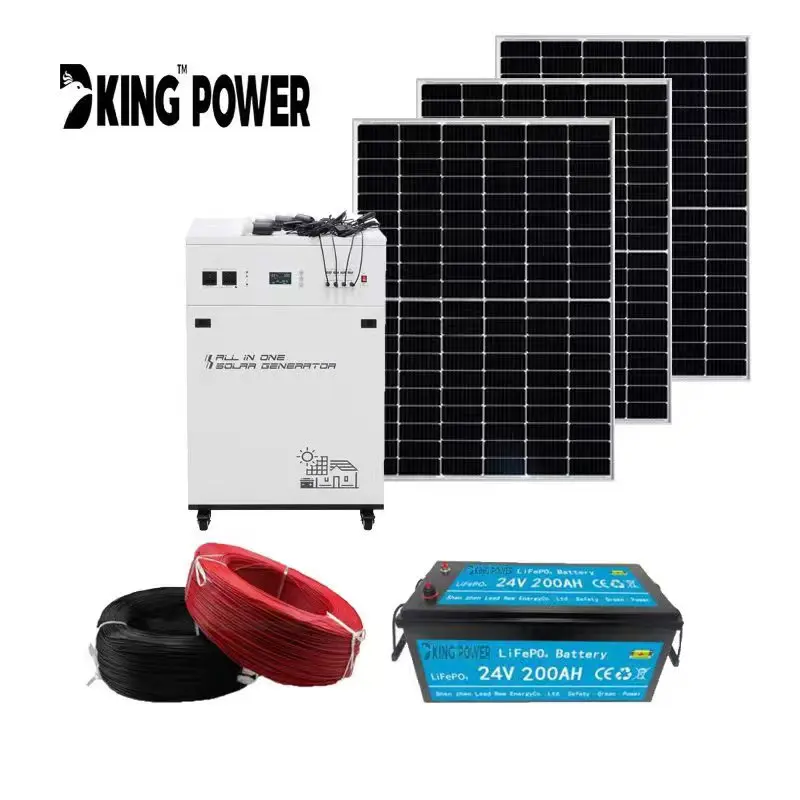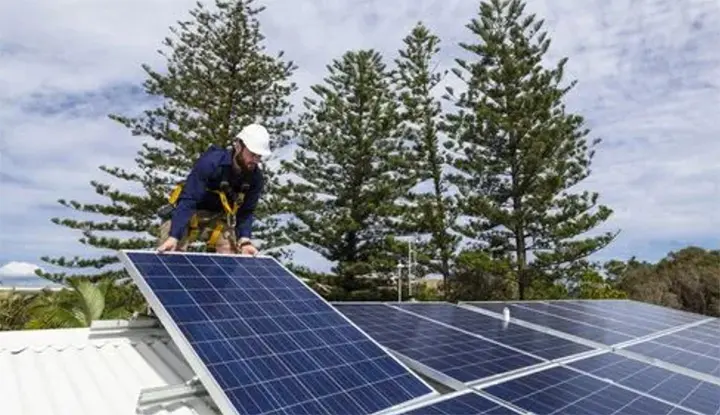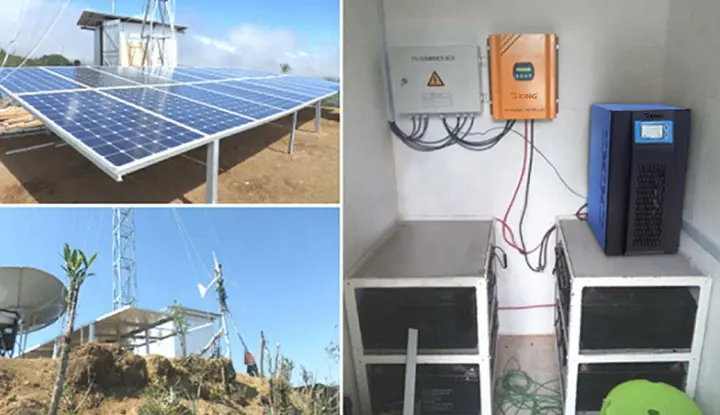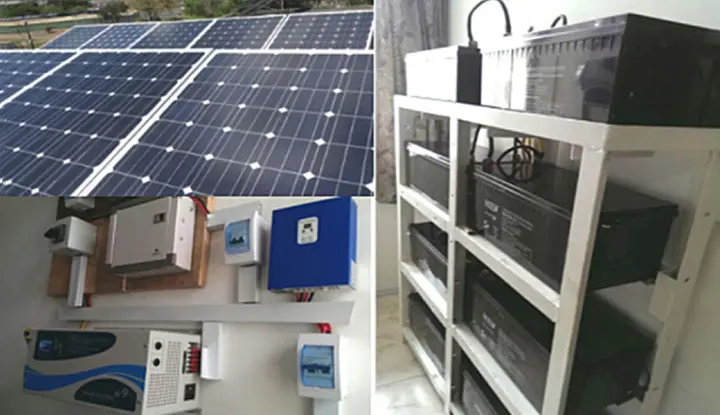Types of Solar Inverters: CE Certification and Leading Suppliers Explained
When investing in solar technology, understanding the various types of solar inverters is essential for optimizing your solar system's efficiency and performance. At Jiangsu D King Power Co., Ltd., we offer a wide selection of high-quality solar inverters designed to meet diverse application needs. Our dedication to innovation and customer satisfaction distinguishes us in the industry. Connect with us to learn more about our comprehensive range of solar inverters and how we can assist your business in achieving sustainable energy solutions. Together, we can drive your projects to success.Quick Tips To Types Of Solar Inverters From Concept to Delivery Service Backed by Expertise
When considering solar energy solutions, understanding the different types of solar inverters is crucial for making informed decisions. From string inverters to microinverters and hybrid systems, each type serves specific applications and offers unique advantages. String inverters are ideal for installations with uniform sunlight exposure, as they connect multiple panels in series, simplifying installation and maintenance. Conversely, microinverters optimize power generation on a panel-by-panel basis, making them perfect for roofs with varying shading conditions.
Delivery service is equally important in the solar supply chain. Streamlining the logistics of solar products not only enhances the efficiency of installations but also ensures timely access to the latest technology. A reliable delivery service, complemented by expert advice, can significantly reduce downtime and enhance overall project outcomes.
Partnering with a knowledgeable supplier who understands both the technology and the nuances of the global market can lead to better procurement practices. By leveraging their expertise, you can navigate the diverse range of solar inverter options and select the most suitable solutions for your specific needs. This comprehensive approach leads to successful solar projects, ultimately paving the way for sustainable energy adoption worldwide.
Quick Tips To Types Of Solar Inverters From Concept to Delivery Service Backed by Expertise
| Inverter Type | Description | Advantages | Disadvantages | Best Use Case |
|---|---|---|---|---|
| String Inverters | Convert DC electricity from solar panels to AC electricity; installed in one central location. | Cost-effective, easy to install, and suitable for smaller systems. | Performance affected by shading or panel mismatch. | Residential homes with uniform sunlight exposure. |
| Microinverters | Installed on each solar panel, converting DC to AC at the panel level. | Enhanced efficiency, better performance in shaded areas. | Higher initial cost compared to string inverters. | Complex roof layouts or areas with shading. |
| Power Optimizers | Works with string inverters; optimizes performance of each panel. | Improves energy yield, effective for partial shading. | Requires string inverter; somewhat higher cost. | Ideal for roofs with varying angles or shading issues. |
| Central Inverters | Designed for large solar power plants; one inverter manages multiple strings of panels. | Cost-effective for large installations, easier maintenance. | Lower efficiency in case of shading; less flexible. | Utility-scale solar farms. |
Exploring Types Of Solar Inverters Pioneers in the Field Custom Solutions,
L
Lucy Morgan
The quality is excellent! They also provide fantastic customer care after the sale.
17
August
2025
J
Jessica Green
This product shines with quality! The after-sales support is exemplary, with knowledgeable staff ready to assist.
20
August
2025
H
Henry Walker
I was amazed by the product quality. The customer service was outstanding, demonstrating professionalism and a commitment to excellence.
02
August
2025
A
Ava Young
I love this product! The customer service was top-notch, showcasing professionalism and dedication.
24
August
2025
C
Chloe King
The craftsmanship is outstanding! Customer support was proactive and very friendly, making the whole experience enjoyable.
20
July
2025
L
Lucas Thompson
Fantastic quality! The support staff was very knowledgeable and provided insights that greatly enhanced my understanding.
21
August
2025



